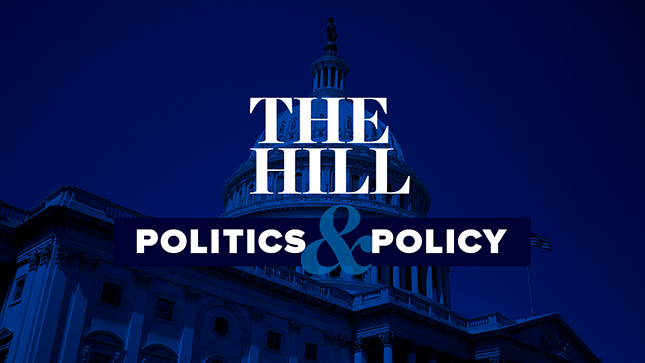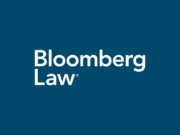The greatest threats to civil liberties often occur in the name of “national security.” History has shown that free political speech is almost always among the first rights to be curbed. In the ongoing debate surrounding appropriate remedies and responses to foreign election campaign interference, we must remain skeptical of any proposal that risks repeating this shameful history.
This brings us to the Honest Ads Act. The sponsors of the bill in Congress are pitching their proposal as a response to Russian ad buys on social media. Most of these ads were meant to inflame existing political tensions in the United States by echoing controversial views on contentious issues. Some were an attempt to influence our opinions of candidates during the run up to the 2016 election. While this legislation seeks to broadly regulate political communications online, it will not meaningfully address the kind of foreign meddling we saw in 2016.
But it will chill core political speech from Americans. Why? The bill holds both online platforms and speakers liable for violations of its many confusing provisions. The risk of legal liability for speech offenses necessarily chills speech. All speech liability imposed by the bill would fall squarely on Americans engaging in or facilitating political speech.
According to the provisions of the bill, online speech platforms, along with all media outlets, must make “reasonable efforts to ensure that” political ads are not purchased “directly or indirectly” by foreigners. What exactly does the bill mean by “reasonable efforts”? Nobody knows, because the terminology is not defined. What we do know is that the requirement to act as gatekeepers against potential foreign meddling will impose significant costs on media outlets and online platforms.
Facebook chief executive officer Mark Zuckerberg recently said his company is “essentially going to be losing money on running political ads” due to their voluntary gatekeeping efforts. Presumably, Facebook is willing to spend whatever is necessary to avoid further public scolding from Congress. But generally speaking, companies avoid business practices that are not profitable. Under the Honest Ads Act, would some companies simply avoid offering political advertising altogether?
The bill would also impose liability on online platforms for properly maintaining a public database of any ads that mention a “national legislative issue of public importance.” Americans that would like to speak about such issues would be liable for turning over the necessary information required to be kept in a government database, allowing opponents, including those in power, to easily track their advocacy efforts. In the age of the online mob, groups such as Black Lives Matter or the Tea Party would be forced to decide whether promoting contentious views on issues of “public importance” is worth both the compliance costs and the increased risk of harassment.
The incompatibility of liability for speech and freedom of speech is easy to understand. If speakers risk running afoul of the law when expressing their opinions, many will simply choose silence. If platforms also risk penalties when hosting such opinions, some will steer clear of allowing such speech altogether. The more vague or complex any new regulations of speech are, the higher the risk of violating them.
The rules in the Honest Ads Act are both vague and complex, not to mention burdensome. The grassroots political speech the internet enabled would be hit hardest. Smaller and less established groups may not have the resources to navigate the new regulatory landscape. Platforms may decide to offer political or issue advertising to only the biggest spenders due to the risks and compliance costs. None of these additional requirements would prevent or deter foreign actors from posing as Americans and purchasing ads online, as Russian entities did during the 2016 election cycle. The bill also does not address the hacking operations leading up to the 2016 election.
Campaign spending by foreign nationals or governments are already illegal. The federal government was well aware of Russian efforts online long before the 2016 election. The Honest Ads Act was not necessary for the intelligence community to spot Russian propaganda online, and it is not necessary to prevent similar efforts in the future. American intelligence agencies are already aware of continuing efforts by Russian actors, even without having the Honest Ads Act.
Better enforcement of existing law that actually targets foreign interference is one response to Russian meddling that would not threaten American civil liberties. It is likely that an underlying goal in the Russian efforts was to cause Americans to question our open society. Passing the Honest Ads Act would be a sign that the shoddy social media ads paid off.
This post originally ran in The Hill on August 1st 2018.














